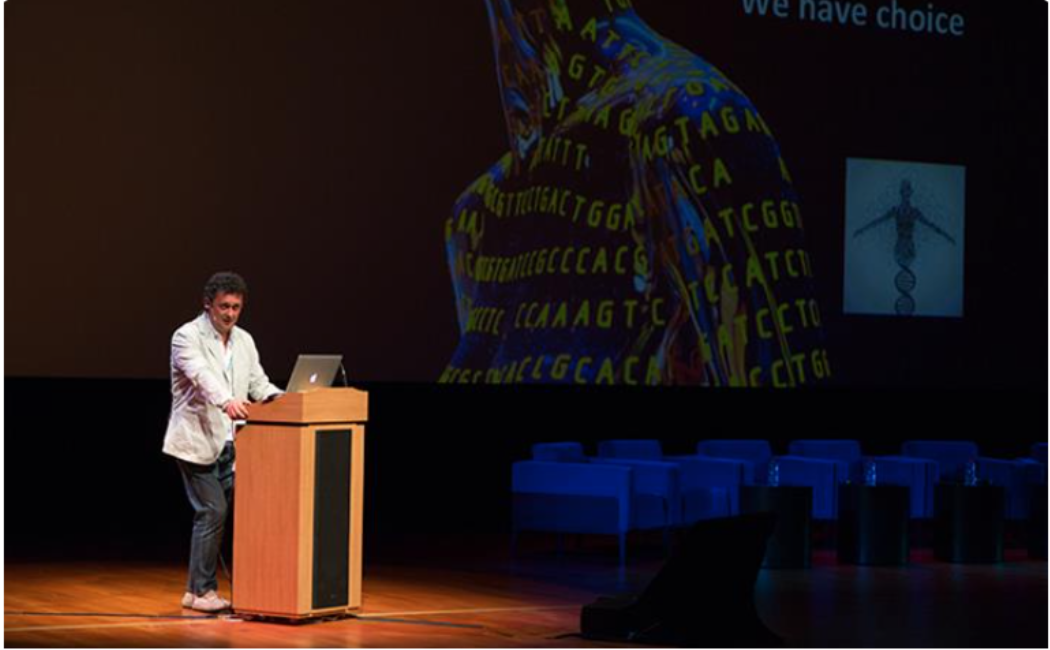
KAUST Research Conference on Environmental Epigenetics
he University hosted the first international 2017 KAUST Research Conference on Environmental Epigenetics from February 12 to February 15. The conference marked a strategic collaborative research program between the KAUST Environmental Epigenetics Program (KEEP), the Center for Epigenetics and Metabolism (CEM) at the University of California, Irvine, and the Gene Expression Laboratory at the Salk Institute for Biological Studies in California, U.S. The event covered the multifaceted, mechanistic roles that the epigenome and phenotypic variation play in development, cell and tissue identity, adaptation, tissue regeneration and inheritance.
In his opening address, KAUST Professor of Bioscience Valerio Orlando, head of KEEP, discussed the aims and vision of KEEP.
"Every cell or organism’s identity and performance is the result of a dynamic process comprising a continuous dialogue between the genome and the environment ending with the building of what we call 'cell memory.' This memory contains several layers or programs enabling adaptation to naturally changing environmental condition," Orlando explained.
"Epigenetics research investigates how a given cell or organism can fix and regulate the switch on or off for those different programs, revealing the multifaceted nature of genetic information and biodiversity. We can now measure the molecular and chemical parameters behind these processes, making it possible to unravel the molecular basis of genome function in diverse organisms as well as in human health and disease," he continued.
"We would also like the interdisciplinary and multisystems flavor of the conference to be an original cultural proposal in the field that we hope will make this event unique, and we hope that it will take place again in the future," he added. “The study of biodiversity also reflects the spirit of our University, a place where we promote a culture beyond science, but which highlights how science contributes to bringing us together."